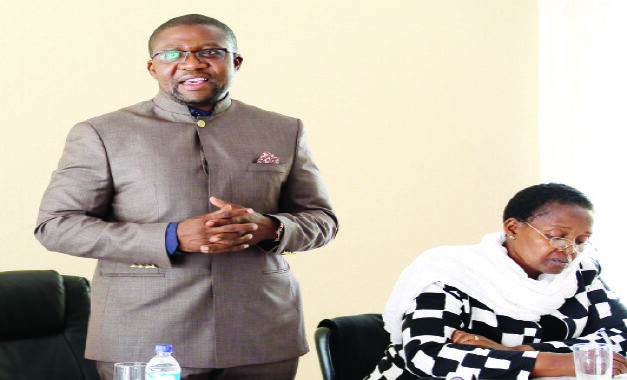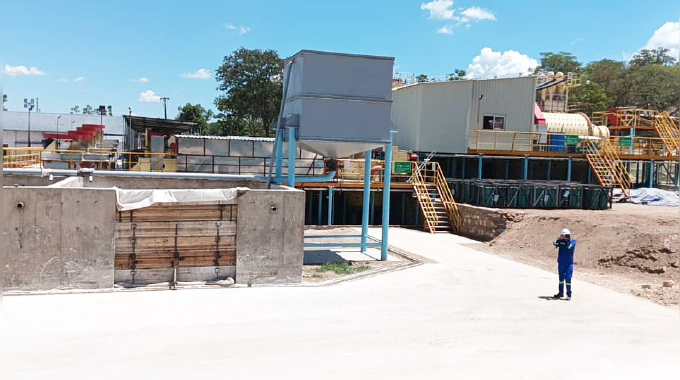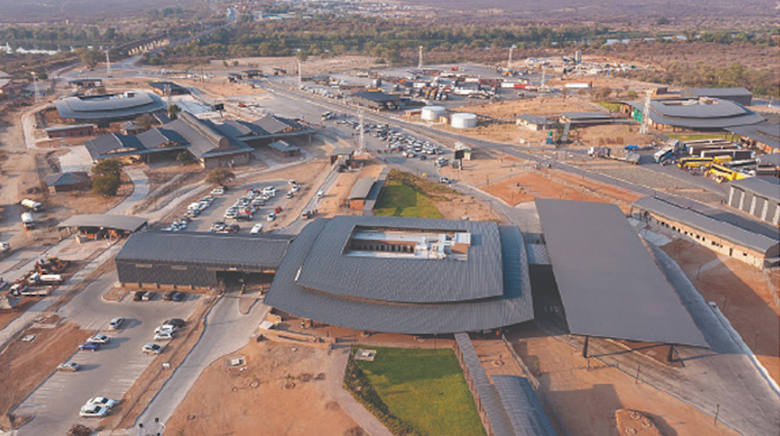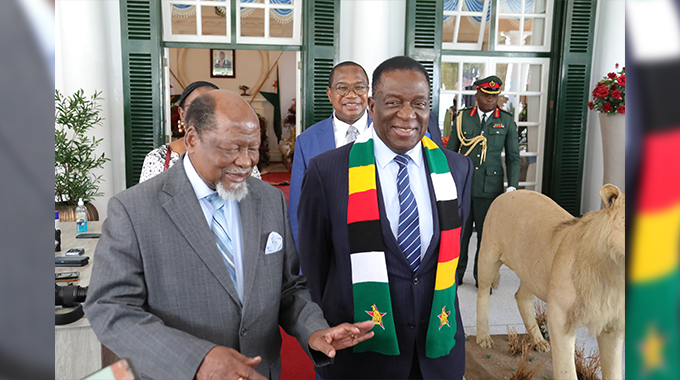Industry backs Zig

Nqobile Bhebhe, [email protected]
INDUSTRY and commerce players in the Matabeleland region have backed the introduction of the new Zimbabwe Gold (ZiG) currency saying the recent bold monetary policy interventions by the Reserve Bank of Zimbabwe were long overdue.
Since its launch last Friday, the Government has been rallying key economic stakeholders to fully embrace the new structured currency, which has already excited the market through its stronger value and promise of enhanced stability and predictability.
Industry and Commerce Minister, Mangaliso Ndlovu yesterday engaged a cross-section of industry and commerce leaders in Bulawayo to get their feedback and responses to the recently introduced ZiG currency.
The minister said the industry players’ views were important as they would assist the Government to put in place appropriate systems that support effective industry operations. A similar engagement was held in Harare on Monday.
RBZ Governor Dr John Mushayavanhu unveiled the new currency in Harare on Friday when he presented the 2024 Monetary Policy Statement (MPS) to guide the country’s monetary affairs for the year.
The new structured currency is part of comprehensive monetary measures aimed at consolidating economic stability, arresting inflationary pressures linked to market indiscipline in the previous years, and facilitating solid business growth anchored on savings.
A structured currency refers to a currency that is pegged to a specific exchange rate or currency basket and backed by a bundle of foreign exchange assets including gold.

ZiG notes
Hopes are high that the introduction of the new currency will foster a stable macro-economic environment characterised by low inflation of around 5 percent and below and a stable exchange rate.
During presentations, various industry executives said the introduction of ZiG was long overdue, pledging their full support to the currency. They urged RBZ to embark on an extensive drive to promote ZiG and demystify most of the misconceptions being peddled to the ordinary person in the street to reduce resistance to the ZiG currency.
Bulawayo City Council’s economic development officer, Mr Kholisani Moyo said the new measures will have a positive impact.
“I think the new measures were long overdue, we waited until it was too late to introduce ZiG. The measures to come up with a new currency, which is supported (by gold), to me as an economist, it’s a good measure.
“When we talk of a gold-backed currency, people need to be confident that the gold is there. In the private sector, as long as we prefer the US dollar to other currencies it will be a problem,” said Mr Moyo.
Other participants said following the new currency, fiscal policy measures must also back the monetary policy statement, emphasising the need for the Treasury to come up with a supplementary budget to take into account ZiG and the movement of the exchange rate.
The RBZ’s reserve asset holdings comprise US$100 million in cash and 2,522kg of gold worth US$185 million to back the ZiG.
In his remarks, Minister Ndlovu rallied the business community across the country to throw its full weight behind ZiG and promote its usage to enhance market confidence and strengthen currency integrity.
“I don’t think there is anyone in industry who enjoys a fully dollarised economy. The introduction of ZiG is a step in the right direction,” said Minister Ndlovu.
“We have to take charge of our economy. We need to have a stable currency that has integrity and provides predictability.
“I certainly want to see the industry well protected, and fully supportive of the new measures put in place. For you to be fully supportive, you have to be convinced that this is the right move.”
He also appealed to all Zimbabweans to commit to embracing the new currency as part of collective efforts to transform the economy towards upper-middle-income status by 2030.
Minister Ndlovu reiterated the Government’s determination to continue implementing policies that buttress private sector-led growth and commended the RBZ and the Treasury for the assurance to keep a tight lid on money supply, which normally drives exchange rate volatility.
He said while the country remains on a multiple-currency system, it was critical to create more demand for the local currency for long-term economic sustainability.












Comments